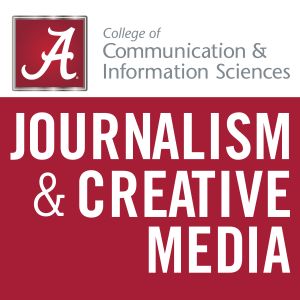The exams for this course will include essay questions on TV programs you choose. They will require you to apply the analytical principles presented in class and in Television.
In specific, Exam #1 will cover chapters 1-6 in Television--including concepts such as flow, narrative/nonnarrative structure and commercials. There will be short-answer questions from the textbook, but a significant part of the exam consists of essay questions on a television program you have chosen in advance.
Preparation
Choose a fictional, scripted, narrative television program ahead of time--one that is a 30- or 60-minute program (that is, not a series of online shorts).
Do not select a nonfiction, nonnarrative program such as a game show, sports program, or reality program (e.g., Storage Wars or Big Brother). Also, you may not select a program discussed in detail in Television, in class or on the textbook's companion Website -- including The Andy Griffith Show, All My Children, Designing Women, Friends, The Big Bang Theory, Roseanne, The Simpsons, The Fresh Prince of Bel Air, and Two Guys, A Girl and A Pizza Place.
Before the exam, prepare the following in word-processed format:
- A scene-by-scene description of a single episode--with one- or two-sentence descriptions of each scene. If the show was originally presented with commercials, indicate where the commercial breaks occur. You may format your scene list however you like, but you might want to use The Big Bang Theory Rundown as a model. (This model won't work so well for 60-minute shows or shows without commercial breaks.)
- The episode's credits: producer, production company, director, writer, principal cast (actors' and characters' names). This must be the credits for the specific episode you're analyzing. Remember, The Internet Movie Database (us.imdb.com) and TV.com contain most of this information.
The scene-by-scene description and credits must be turned in at the exam and will be worth 5% of the exam score.
It would also be a good idea to think through the analytical principles we've discussed as they apply to your particular program (see Television, Appendix I). You might even outline some thoughts along these lines, but you should not prepare a formal essay.

